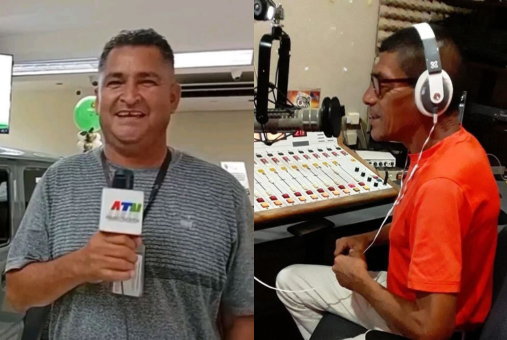
The murder of two journalists is the latest sign of mounting threats to the press in Honduras. Media advocates warn the rising violence is a threat to democracy across the region.
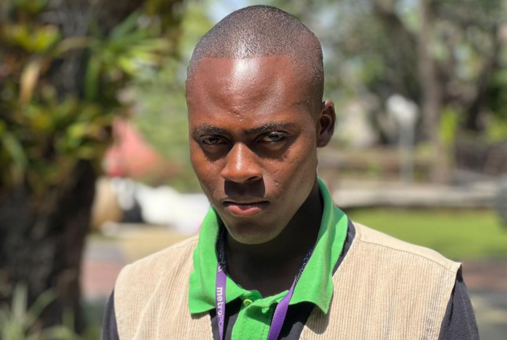
Reporter Jocelyn Justin, injured in a gang attack on a hospital in Port-au-Prince, spent several weeks without money while waiting for surgery in Cuba. Press organizations complained that the Haitian government was failing to fulfill its promise to cover his expenses and basic needs.

Claudia Duque has spent two decades fighting for justice after being spied on and threatened by government agents. So now that the state is finally offering an apology, why is she refusing to accept it?
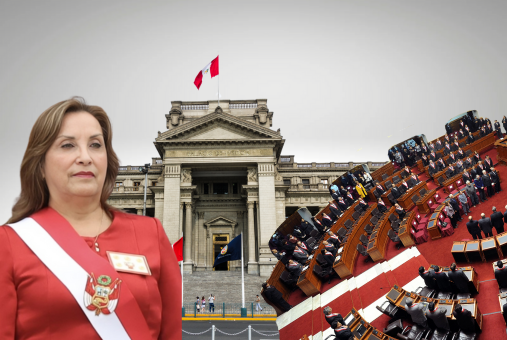
Press advocates say the three branches of the Peruvian government are targeting journalists with legal cases, legislation and verbal attacks.
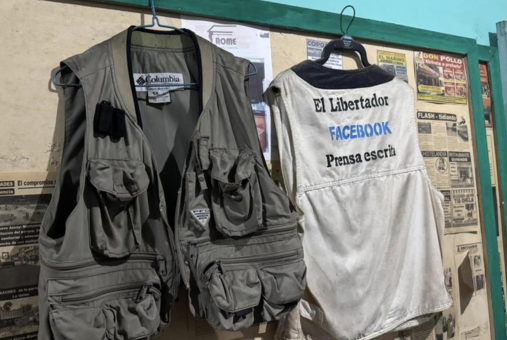
In Ecuador’s northern border region, where journalist Patricio Aguilar was killed last month, violence, precarity, and lack of state protection are driving reporters to self-censor or leave the profession—deepening the region’s vacuum of information.
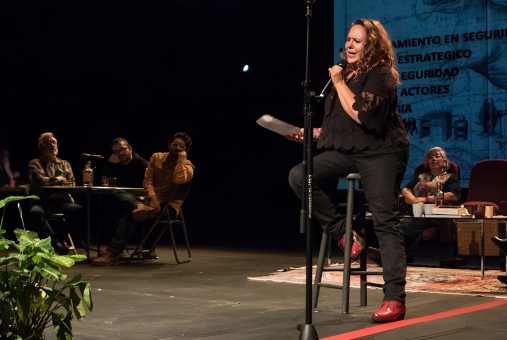
“The journalists tell,” a production from theater company Teatro Línea de Sombra and independent media outlet Elefante Blanco, seeks to raise awareness about the press’ experiences in Mexico.
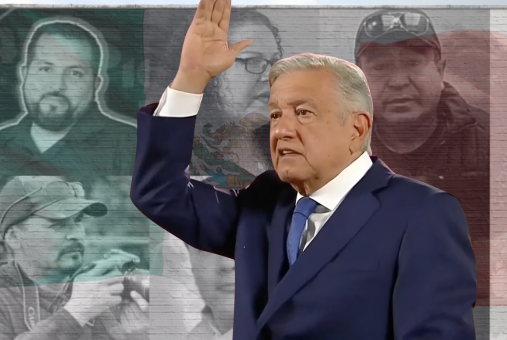
These were the main challenges faced by journalism and press freedom during Andrés Manuel López Obrador’s government in Mexico.
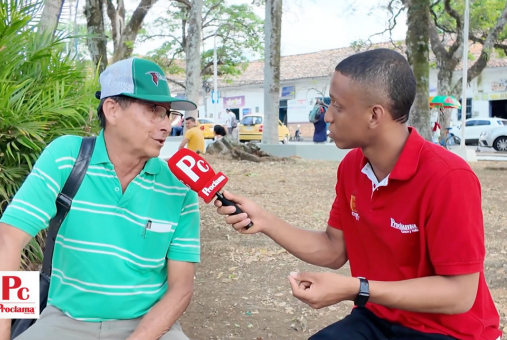
Threats from armed groups, insults from officials and low salaries put local journalism in Colombian in check, according to entities defending press freedom.
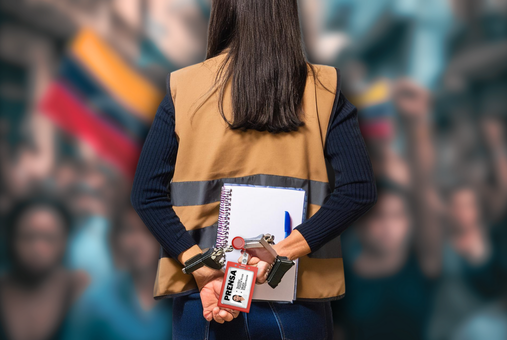
Some local journalists in Venezuela’s regions are turning away from reporting to stay safe in the face of repression.
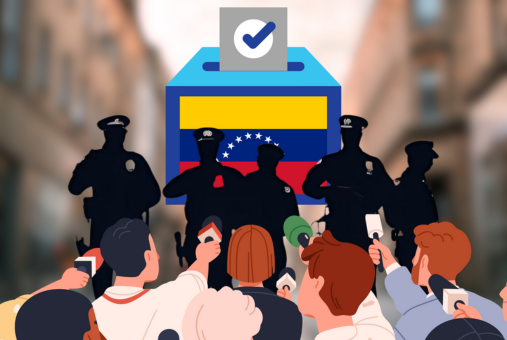
Organizations defending press freedom recorded more than 40 cases of attacks on media outlets and journalists during presidential elections in Venezuela. Most were cases of intimidation and obstruction of journalistic work in voting centers. At least three journalists were detained while reporting.

The morning press conferences held by the Mexican president are part of a communication strategy recognized as “unique” not only in his country but in the region. And although they emerged as a promise to improve transparency and communication, their critics see them as spaces to attack the media, journalists and even spread disinformation.

Two months after armed men stormed the studios of TC Televisión in Guayaquil, Ecuador, journalists from the channel have turned to various forms of psychological support. One of them is a new psychosocial support program from Fundamedios based on holistic therapies, resilience techniques and ancestral knowledge.